What Are The 5 Types Of Flow In Salesforce?
4.9 out of 5 based on 10247 votesLast updated on 10th Mar 2025 19.6K Views
- Bookmark

With growing CRM automation demand, professionals enroll in a Salesforce Course Online to master Salesforce Flows and automation skills.

Salesforce Flows are a powerful automation tool that enables users to create complex business processes without extensive coding. These flows streamline tasks, improve efficiency, and ensure consistency across Salesforce environments. With the rising demand for automation in CRM systems, professionals are actively enrolling in a Salesforce Course Online to gain hands-on expertise in Salesforce Flows and automation techniques.
Types of Flows in Salesforce
Salesforce Flows are powerful automation tools that allow users to create custom business processes with minimal coding. They help automate complex workflows, streamline operations, and enhance user experience.
- Screen Flow: Allows users to interact with a series of screens, providing a guided experience to collect and display data. It’s ideal for user-facing processes like surveys or form submissions.
- Record-Triggered Flow: Automatically triggers based on a record’s creation or update. It helps automate processes such as sending emails or updating fields when a record meets specific criteria.
- Scheduled Flow: Executes at a specified time or interval, automating tasks like daily reports or regular updates, based on the set schedule, without needing user interaction.
- Auto-Launched Flow: Runs automatically without user input, typically initiated by other processes, such as Process Builder or Apex, to automate backend tasks like field updates or record creation.
- Platform Event-Triggered Flow: Fires when a platform event message is received, allowing automation of actions in response to external systems or events, such as handling incoming data from third-party applications.
1. Screen Flow
- User Interaction: Requires input from users.
- Use Case: Data collection, guided processes.
- Execution: Runs in UI (Lightning Pages, Utility Bar).
- Example: A customer service form prompting users to enter case details.
2. Autolaunched Flow
- User Interaction: No user intervention required.
- Use Case: Background automation, scheduled tasks.
- Execution: Triggered via Apex, Process Builder, or REST API.
- Example: Automatically updating account records every 24 hours.
3. Record-Triggered Flow
- User Interaction: None, executes automatically.
- Use Case: Executes when a record is created/updated/deleted.
- Execution: Similar to Process Builder but more powerful.
- Example: Automatically assigning cases to support teams based on priority.
4. Scheduled Flow
- User Interaction: None, runs on predefined schedules.
- Use Case: Regular data processing, scheduled updates.
- Execution: Runs at specific times, similar to CRON jobs.
- Example: Sending weekly email reminders to customers.
5. Platform Event-Triggered Flow
- User Interaction: None, triggered by external events.
- Use Case: Real-time event processing.
- Execution: Subscribes to platform events.
- Example: Updating inventory when a new shipment arrives.
Comparison of Salesforce Flows
Flow Type | Triggers | User Interaction | Common Use Case |
Screen Flow | Button clicks, UI events | Yes | Data collection, guided processes |
Autolaunched Flow | Process Builder, Apex, API | No | Background automation |
Record-Triggered Flow | Record create/update/delete | No | Automatic field updates |
Scheduled Flow | Specific time triggers | No | Periodic data updates |
Event-Triggered Flow | External events | No | Real-time processing |
Institute in Noida: Salesforce
Noida is emerging as a hub for cloud computing and CRM technologies. With numerous startups and enterprises investing in Salesforce automation, professionals are upskilling through the Salesforce Institute in Noida to meet industry demands.
Trends in Noida’s Tech Industry:
- Increased adoption of Salesforce automation.
- Growing demand for certified Salesforce professionals.
- Expanding job market in cloud-based CRM solutions.
Course in Delhi: Salesforce
Delhi’s technology sector is rapidly growing, with a strong focus on cloud-based business solutions. Enrolling in a Salesforce Course in Delhi provides professionals with the knowledge and skills required to work with Salesforce automation tools efficiently.
Why Learn Salesforce in Delhi?
- High job opportunities in cloud CRM solutions.
- Increasing number of Salesforce-certified consultants.
- Adoption of AI-driven customer relationship management systems.
Mastering Cloud-Based Salesforce Testing and Integration
As businesses increasingly adopt Salesforce automation, the need for effective testing strategies has become essential. A Salesforce Testing Course equips professionals with the necessary skills to validate and troubleshoot Salesforce Flows, ensuring smooth deployments and high-quality user experiences. Key tools like Selenium for UI Testing, Apex Test Classes for Backend Validation, and Salesforce Test Automation Frameworks are integral to this process, enabling comprehensive testing across various Salesforce functionalities.
Cloud Computing and Salesforce Integration
The future of CRM systems, particularly Salesforce, is in the cloud, offering scalable and efficient solutions for businesses worldwide. A Cloud Computing Course Online is essential for professionals looking to understand core concepts such as Salesforce Cloud, AWS, Azure, and Google Cloud. These skills enable individuals to design and deploy robust cloud-based solutions, which integrate seamlessly with Salesforce.
Microsoft Azure for Salesforce
A Microsoft Azure Course prepares professionals to handle enterprise-grade cloud deployments, particularly those involving Salesforce integration. With seamless integration with Microsoft products, strong security features, and enterprise-grade hybrid cloud solutions, Azure is a preferred platform for many organizations adopting Salesforce.
Google Cloud and Salesforce Integration
Companies are leveraging Google Cloud for AI-driven analytics and Salesforce integration. Enrolling in a Google Cloud Course provides professionals with the necessary skills for cloud automation, data analytics, and Salesforce integration. Google Cloud offers advanced AI capabilities, cost-effective storage, and superior security features—making it a valuable tool for enterprises looking to enhance their Salesforce capabilities.
AWS for Scalable Salesforce Solutions
Businesses are increasingly adopting AWS for scalable CRM solutions. An AWS Online Course focuses on Salesforce-AWS integration, cloud security, and serverless automation, enabling professionals to harness the full potential of AWS for customer relationship management. AWS provides high-performance cloud infrastructure, advanced AI/ML capabilities for customer insights, and is widely used for CRM automation, making it an essential tool for any Salesforce-focused professional.
By mastering these cloud platforms and Salesforce testing tools, professionals can contribute to the seamless automation and scalability of Salesforce solutions, ensuring they meet the evolving needs of modern enterprises. Additionally, enrolling in a Salesforce Course Online can further enhance skills and knowledge, empowering individuals to become experts in Salesforce integration and cloud computing.
You May Also Read:
Salesforce Admin Resume with No Experience
Salesforce Interview Questions and Answers
Salesforce Administrator Certification Cost
Salesforce Lightning Experience
Marketing Cloud Work With Salesforce Course
Conclusion
Salesforce Flows simplifies business processes by automating workflows without extensive coding. Understanding and implementing these flows is crucial for professionals aiming to enhance their Salesforce automation expertise. With specialized training and certifications, one can master Salesforce Flows and stay ahead in the competitive cloud computing industry.
Subscribe For Free Demo
Free Demo for Corporate & Online Trainings.
Your email address will not be published. Required fields are marked *
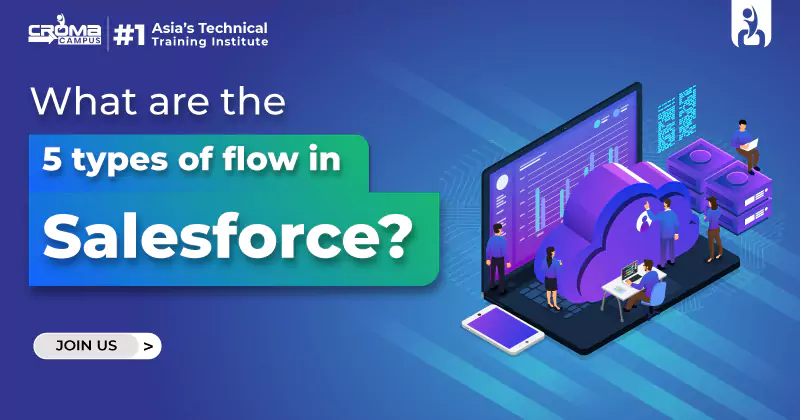

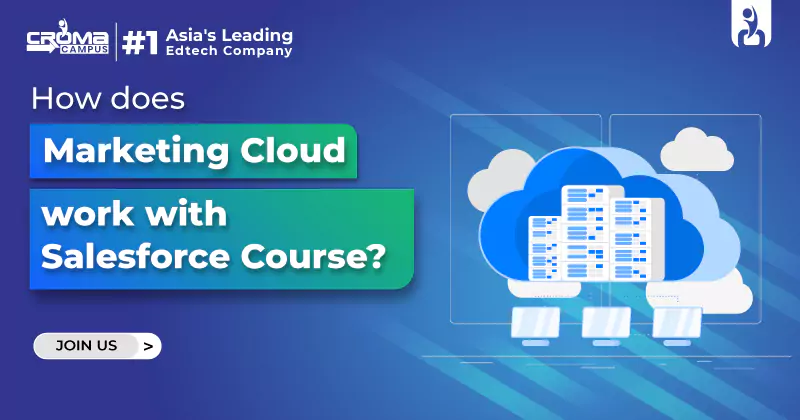
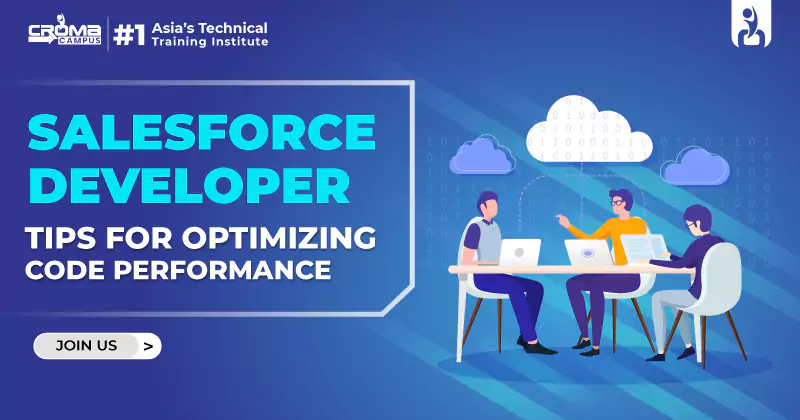
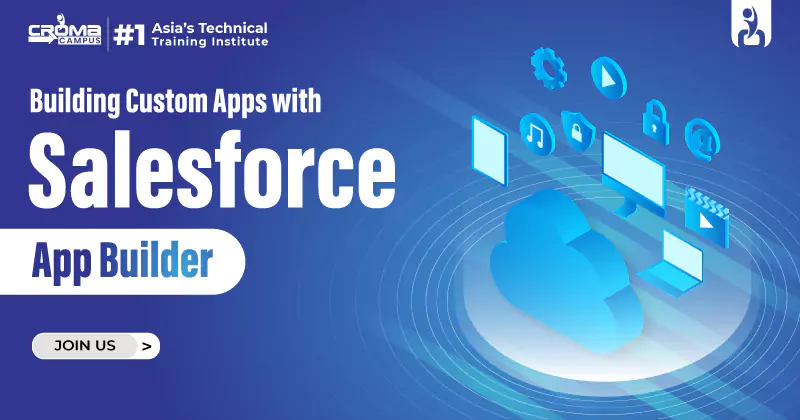
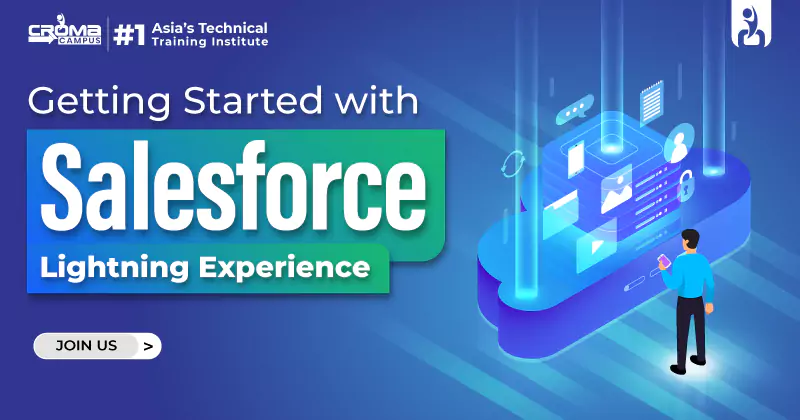
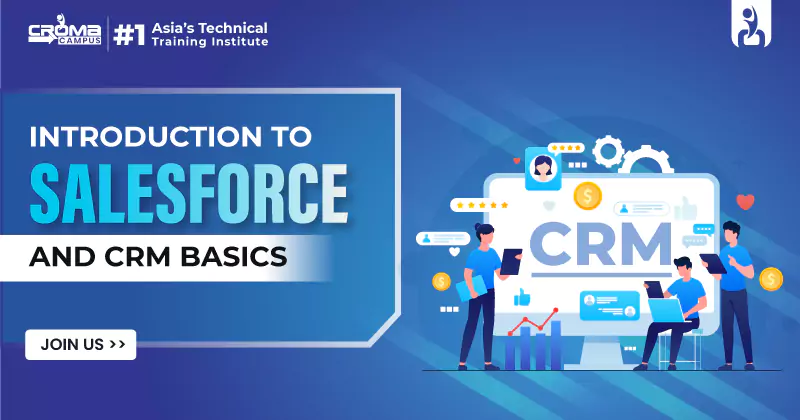

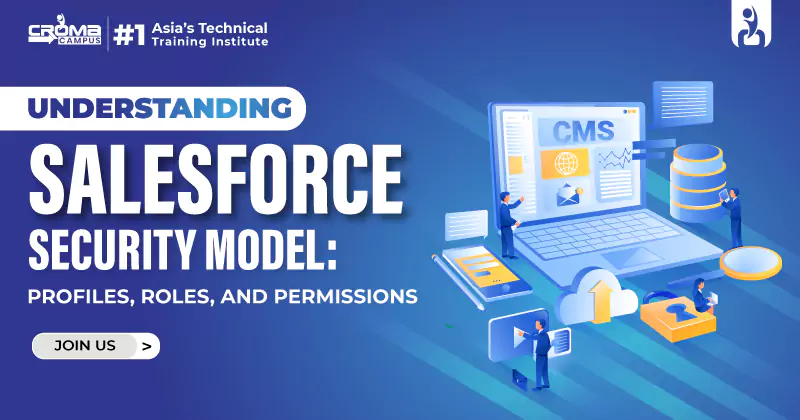

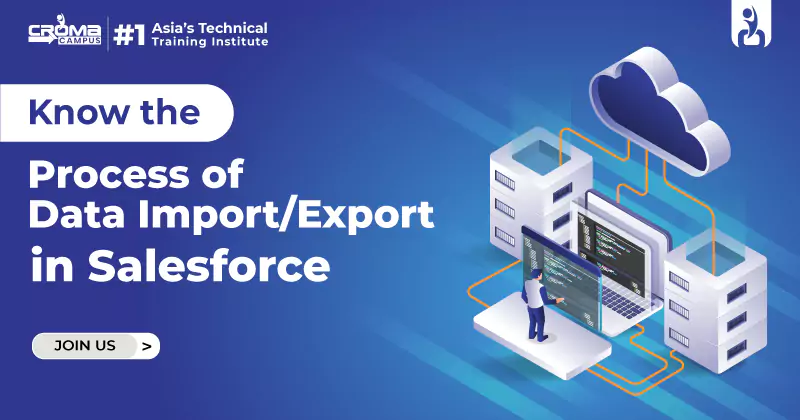










 Master in Cloud Computing Training
Master in Cloud Computing Training